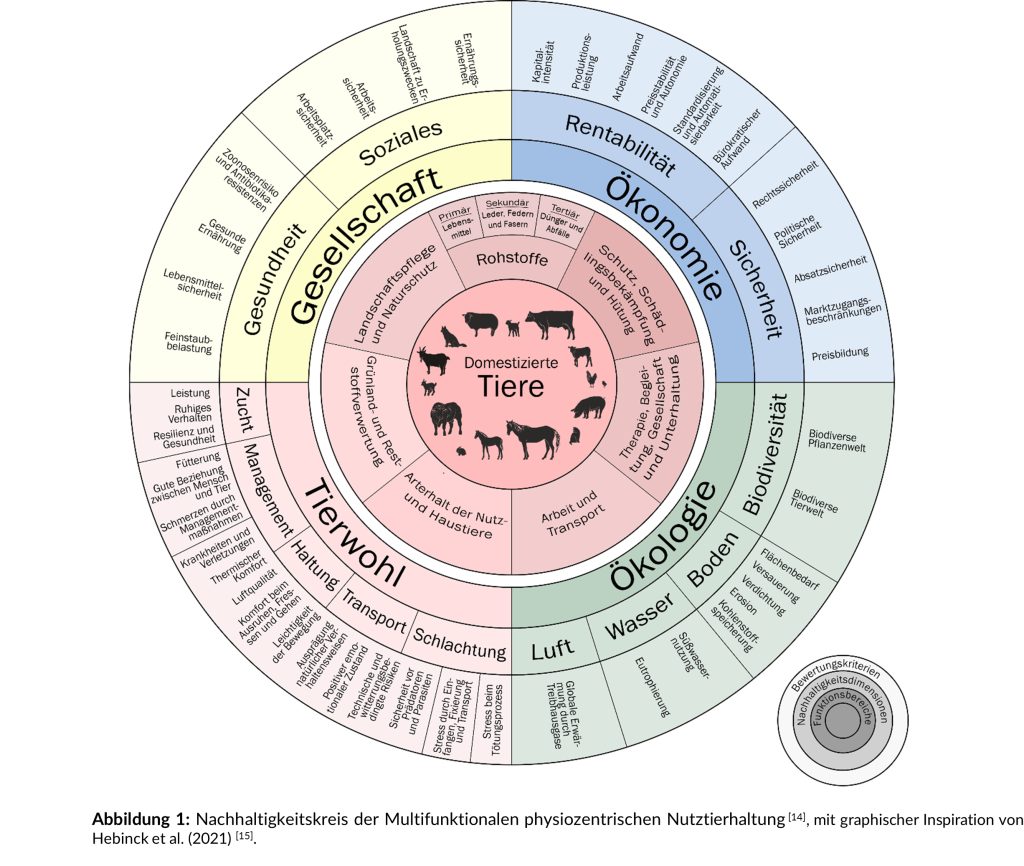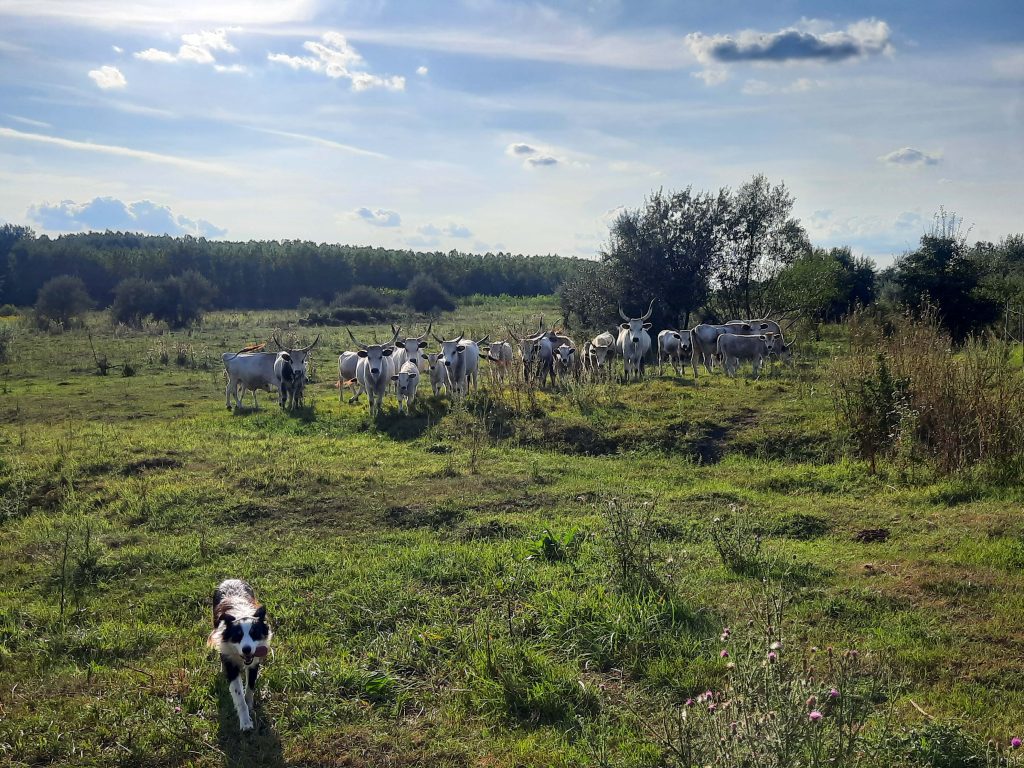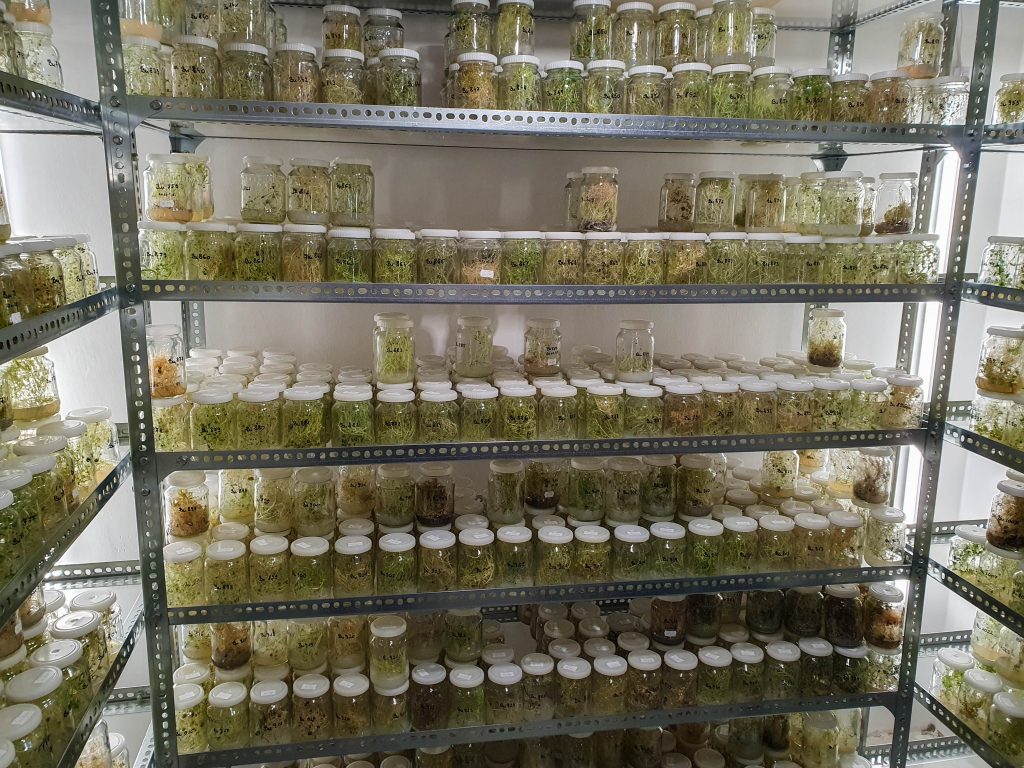Agriculture, with its major impact from livestock breeding, makes up 28% of the total environmental impacts (WWF, 2022). Switzerland, renowned for its production of milk products as a source of protein is making its first step towards a vegan protein alternative. Research has recognized the yet untapped potential of microalgae cultivation as a solution to substitute protein that currently still derives from animal products (Nikolov, Soto-Sierra, & Stoykova, 2018). It is astonishing that the potential of algae as a protein source has already been detected by the Aztecs (Rana, Soni, & Sudhakar, 2017), but only recently became a topic of interest again due to the high impact traditional farming has on climate change (McGinn, Tibbetts, & Wang, 2021).
forc Kategorie:
Allgemein, Master Umwelt und natürliche Ressourcen










